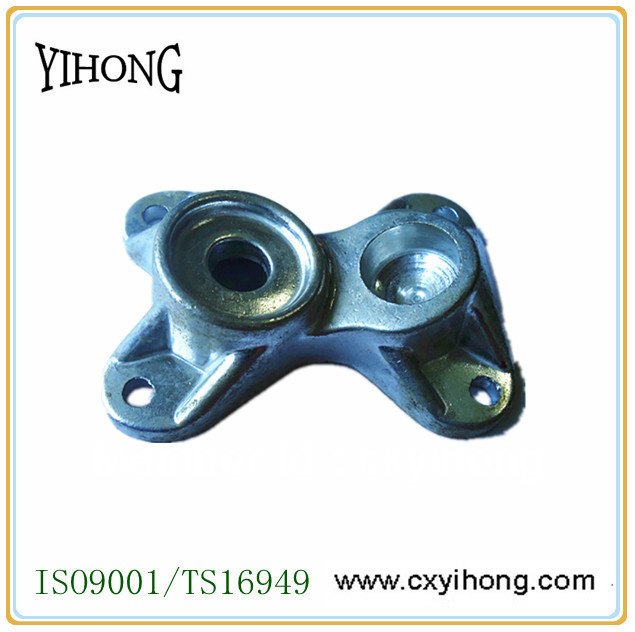#Banking
Wells Fargo Under Intense Investigation Following Auto Insurance Scandal
California’s insurance regulators have launched an investigation into Wells Fargo following the bank’s confession that it forced hundreds of thousands of auto loan borrowers to pay for insurance policies they didn’t need and, in many cases, were unaware of.
There’s also a congressional investigation underway, where U.S. senators are asking the company basic questions like who was affected, how broadly, whether they get a refund, and why the hell this occurred in the first place.
Unlike JPMorgan Chase or Bank of America, Wells Fargo’s auto loan contracts allowed the lender to obtain collateral protection insurance on a customer’s behalf if they failed to buy liability coverage themselves — or if the bank assumed they hadn’t. It’s not common practice and, when it causes paying customers to default and have their vehicle repossessed, it’s not difficult to see why.
Wells Fargo to Refund $80 Million of Unnecessary Car Insurance It Forced Onto Customers
Wells Fargo says it will reimburse roughly $80 million to customers erroneously charged for auto collateral protection insurance policies. Customers will be remediated after roughly 800,000 customers were essentially forced to purchase unnecessary auto insurance, despite many of them already having active policies.
The banking and financial services firm reviewed policies started between 2012 and 2017 and identified approximately 570,000 customers who could have been negatively impacted. It plans to issue refunds and other payments as compensation, especially to those who defaulted on their auto loans as a result of being overcharged.
Was The American Auto Parts Industry "Given" To China?
And every nation but one signed on. A hundred and fifty-five nations agreed to a kind of form of blackmail, which is that you want to sell cars to the U.S., you want to sell, you know, orange juice to the U.S., you’re going to have to go along with deregulating your banking system, accepting our derivatives junk, our junk bonds and our junk derivatives, and opening up your sectors to Goldman Sachs and JPMorgan, so that Morgan, Citibank, and others are allowed to operate internationally. The effects, of course, have been disastrous.
It’s a stunning allegation, but it’s one that increasingly appears to be backed by solid evidence: the United States “exported” bad banking practice in exchange for importing everything from bananas to Bentleys. But there’s more.


















Recent Comments